So, what is permissive parenting? Imagine a household where the vibe is more “chill” than “drill sergeant.” It’s like this: you’re the kind of parent who doesn’t sweat the small stuff. You’re all about hugs over scolds and “yes” over “no.”
You’d rather talk it out than lay down the law and you’re super supportive of your little one’s independence. Picture the cool parent who doesn’t flip if bedtime’s missed by an hour or if a cookie becomes an appetizer.
Sure, it’s a less structured approach and sometimes the lack of rules might make things a bit wild, but you’re hoping your kids will learn to make their own smart choices by exploring freely. It’s all about finding that balance, right?
But hey, in the world of parenting styles, you’re all for giving your kids the space to be themselves.
What Is Permissive Parenting
Permissive parenting is one of the parenting styles identified by psychologist Diana Baumrind. It is characterized by a high level of warmth and responsiveness from parents but a low level of control or demands.
Parents who go for this style show a lot of affection but don’t give a ton of guidance or strict rules, making their relationship with their kids more like being friends than just parents.
Their interactions with their children often resemble that of a friend rather than a traditional parental figure, as they do not set expectations for mature conduct. Their idea often aligns with the belief that “kids will be kids.”
This style stands in contrast to the commonly known “helicopter parents,” who closely monitor and supervise their children.
Read More: What Is Helicopter Parenting?
Let’s take a deeper look at the characteristics of permissive parenting!
Characteristics Of Permissive Parenting
Permissive parents are good at responding to their kids’ needs, and they’re very loving. But here’s the thing – they don’t set up a lot of rules or structure when it comes to discipline.

Let’s look at the characteristics for a better understanding:
1. Heartfelt Affection as a Cornerstone
At the heart of permissive parenting lies a genuine, unwavering affection, creating a nurturing environment where children feel deeply valued.
2. Inclusive Decision-Making
The family dynamics is characterized by inclusivity, as permissive parents actively seek and consider their children’s opinions on significant matters, fostering a sense of collaboration.
3. Prioritizing Freedom Over Rigidity

Rather than imposing rigid structures and responsibilities, permissive parents champion the freedom of their children, allowing for self-expression and exploration.
4. Navigating the Grey Area of Rules
The parenting style is marked by a nuanced approach to rules, where expectations may not always be clear-cut or consistently enforced, giving room for adaptability.
5. Positive Reinforcement Through Pleasantries
Permissive parents often resort to positive reinforcement, utilizing incentives like toys, gifts, or treats to encourage positive behavior and cooperation.
Permissive parents are more like friends rather than sour teachers! So are you a friend or just a teacher?
Read More: What Are Parenting Styles? Explore Different Types Of Parenting Styles And It’s Impact On Children
Let’s take a look at an example of permissive parenting!
Example Of Permissive Parenting
Permissive parenting is characterized by a high level of warmth and responsiveness but a limited emphasis on setting clear rules and structure for children.
In a permissive parenting situation, let’s think about bedtime. Your child might want to stay up late watching TV or playing video games.
Instead of saying, “It’s bedtime, no more TV,” a permissive parent might say, “Okay, a little more TV won’t hurt.”
The parent doesn’t set a firm rule about when bedtime is, and the child gets to stay up longer.
Now, let’s talk about chores. In a permissive parenting home, there might not be a set schedule for chores. The parent might not insist that the child has to clean their room every day or do specific tasks regularly.
It’s more like, “Whenever you feel like it, go ahead and clean up.” There’s flexibility, and the parent doesn’t push hard on having a strict routine.
Read More: What Is Snowplow Parenting | 5 Alarming Signs to Avoid
Effects Of Permissive Parenting
Some studies suggest that when parents are too easygoing or being permissive, it can sometimes cause problems for their kids. These problems might include feeling really worried, sad, being alone a lot, or not doing great in school.
But, on the bright side, some experts say that being permissive could also make kids feel good about themselves and be super creative.
Experts also mention that when parents are too easygoing, kids might have a hard time controlling their feelings, understanding others, and not always doing what they’re supposed to do. Kids might end up being a bit heavier, having trouble making friends, and not feeling very sure about themselves.
So, it’s like a balance. Being a bit easygoing can make kids happy and creative, but if it’s too much, it might make some things tricky for them. Authoritative parenting tries to find the right balance in how parents take care of their kids.
Read More: What is Authoritative Parenting? Top 5 Pros and Cons
Let’s take a look at the advantages and disadvantages of this parenting method. Knowing them will help you make the right decision for your kid!
Advantages Of Permissive Parenting
Imagine a home where parents are always there for their kids, making them feel safe and loved. This type of parenting brings various advantages to kids and parents alike:
1. Warmth and Affection
Permissive parents are known for their warm, welcoming, and loving nature. This creates a cozy atmosphere where children feel nurtured and secure.
2. Exceptional Social Skills
Kids raised by permissive parents often become adept at expressing emotions, understanding others, and building strong connections.

Studies even suggest that this emotional intelligence tends to be higher in children brought up in such loving environments.
Read More: How To Improve Communication Skills: Top 5 Strategies
3. A Heart-to-Heart Connection
The flexibility and lack of strict punishment in permissive parenting foster open communication between parents and children. This positive parent-child relationship is crucial for kids to feel at ease sharing the happenings in their lives.
Read More: Mental Health Tips for Kids: 5 Powerful Parenting Strategies To Support Your Child’s Mental Health
4. Building Confidence
Independence is a key feature of permissive parenting. This autonomy allows children to develop a robust sense of confidence and self-worth.
Research has shown that teens with permissive parents often boast higher self-esteem compared to their peers.
While every way of parenting has its own style, these advantages make permissive parenting something special.
Read More: A Guide to Effective Step Parenting: What to Avoid and What Works
Kids brought up in this way often struggle with self-discipline, have difficulties in social situations, might be more focused on themselves and their needs, and could feel uncertain because of the lack of clear rules and guidance.
Disadvantages Of Permissive Parenting
The disadvantages of permissive parenting are as follows:
1. Low Achievement Across Areas
Children brought up by permissive parents may face challenges due to the absence of clear expectations and goals.
Research links permissive parenting to lower academic achievement, impacting various aspects of a child’s development.
Read More: Academic Problems And Academic Skills
2. Decision-Making Struggles
Without established rules or guidelines, kids in permissive parenting environments may find it difficult to develop effective problem-solving and decision-making skills, potentially affecting their ability to navigate life’s challenges.
3. Risk of Delinquency and Substance Use
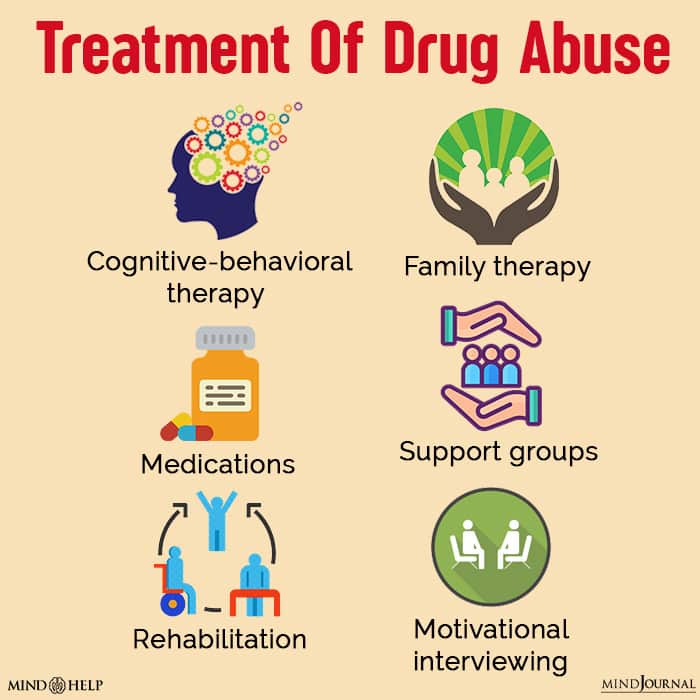
Some studies suggest a correlation between permissive parenting and an increased likelihood of children engaging in delinquent behaviors and substance use, highlighting potential consequences for their future well-being.
Read More: Drug Abuse: 20 Signs, Causes And Ways To Overcome
4. Aggression and Emotional Understanding
Children raised in permissive households might struggle with managing emotions, especially in situations where they don’t get what they want. This can lead to increased aggression and difficulties in handling stressful or emotionally charged scenarios.
5. Time and Habit Management Challenges
The lack of structure and rules in permissive parenting may result in children never learning limits. This can lead to excessive screen time, extensive gaming, and overeating, contributing to unhealthy habits and a potential risk of obesity.
Read More: Top 10 Fun Activities For Kids
Children raised in such environments may exhibit unruly behavior in school and a less interest in education compared to other children in their same age!
A Word From Mind Family
As we finish talking about permissive parenting, remember that each family is different. The important thing is to find a good balance that fits your beliefs and helps your child grow.
It is not only about being a friend or a teacher – it’s about making a caring, loving place where your child can do well.
Parenting is a changing journey, and knowing different ways to do it helps us make smart choices that match our family’s way of doing things.
We hope your parenting adventure brings happiness, learning, and the cozy feeling that turns a house into a home.
Frequently Asked Questions (FAQs)
1. What is permissive parenting?
Permissive parenting is a style where parents are very loving and responsive but don’t set many rules. It’s like being friends with your kids rather than being strict, allowing them a lot of freedom.
2. What is an example of permissive parenting?
An example could be bedtime – if a child wants to stay up late, a permissive parent might say, “Okay, a little more TV won’t hurt.” The parent doesn’t set a firm rule about bedtime, giving the child more say in the decision.
3. What are the characteristics of permissive parenting?
Permissive parents are warm and loving, value their children’s opinions, emphasize freedom over strict rules, provide little structure, and often use positive reinforcement like toys or treats instead of strict consequences.
4. What are the effects of permissive parenting?
The effects can include struggles with self-discipline, difficulties in social situations, potential engagement in delinquent behaviors or substance use, increased aggression, and challenges in managing time or habits.
5. What are the advantages of permissive parenting?
Advantages include a warm and affectionate home, children developing exceptional social skills, a positive parent-child connection, and the fostering of independence, leading to boosted confidence and self-esteem.
6. What are the disadvantages of permissive parenting?
Disadvantages encompass potential low academic achievement, struggles in decision-making, a risk of delinquency and substance use, difficulties in emotional understanding, and challenges in managing time and habits, potentially leading to unhealthy behaviors.
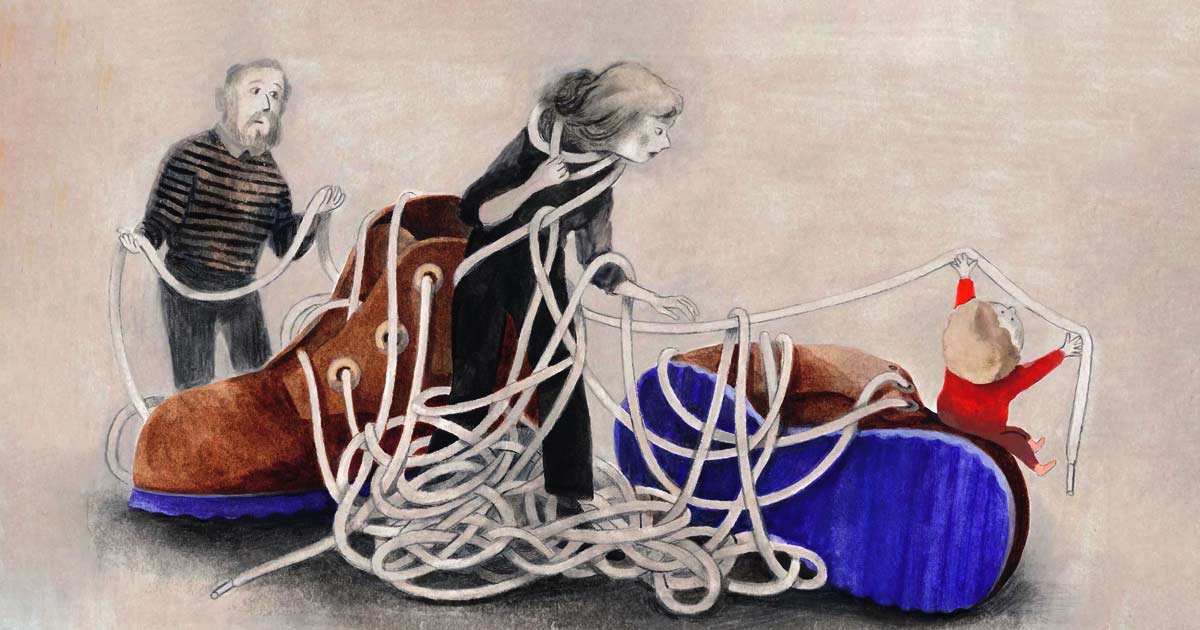




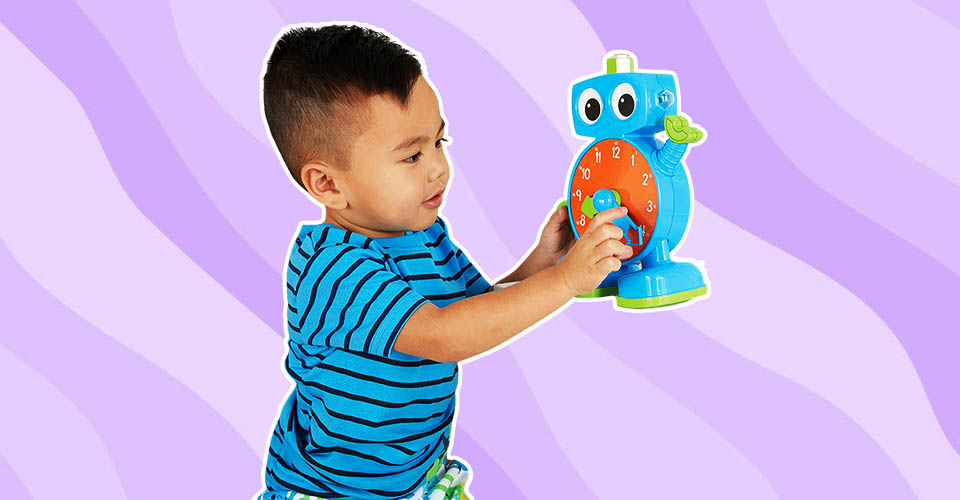

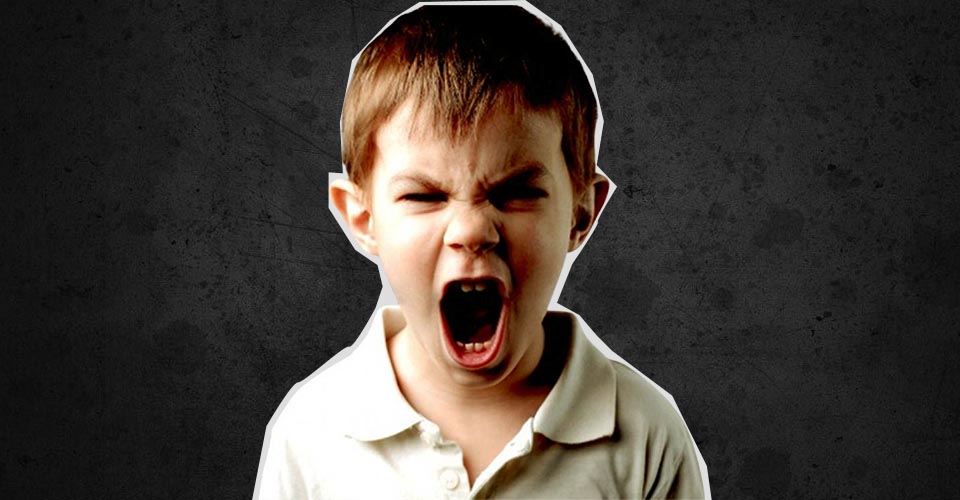
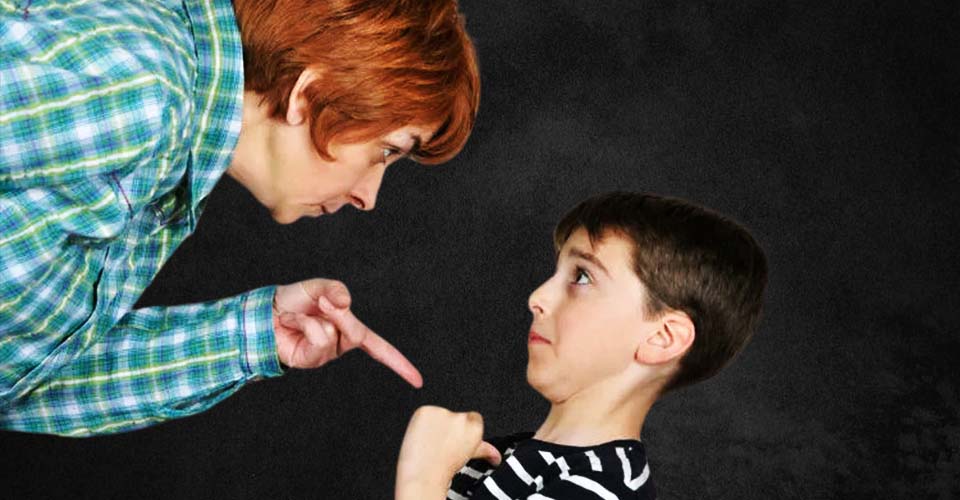









Leave a Reply